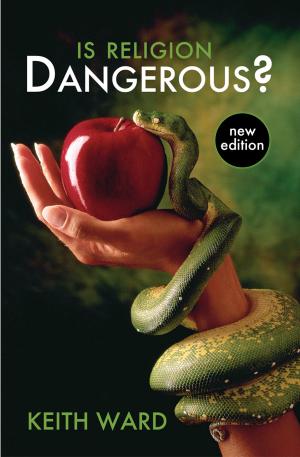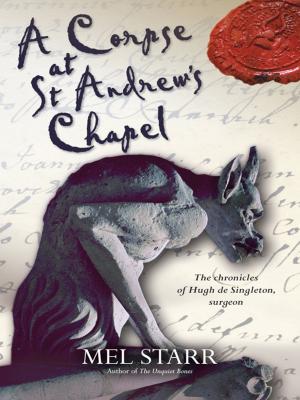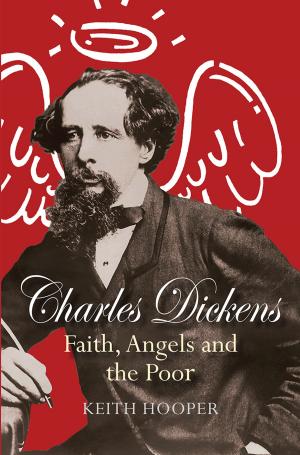| Author: | Allan Chapman | ISBN: | 9780745957876 |
| Publisher: | Lion Hudson | Publication: | October 17, 2014 |
| Imprint: | Lion Books | Language: | English |
| Author: | Allan Chapman |
| ISBN: | 9780745957876 |
| Publisher: | Lion Hudson |
| Publication: | October 17, 2014 |
| Imprint: | Lion Books |
| Language: | English |
The period from 1500-1700 saw an unprecendented renaissance in astronomy and the understanding of the heavens. In this magnificent tour de force, scientific historian Dr Allan Chapman guides us through two hundred years of mapping the stars. He shows how Copernicus, Galileo, Tycho Brahe, and Kepler were all part of a huge movement, which included many churchmen, questing for knowledge of the skies. Chapman explores whether Galileo and his ilk were so unusual for their time, bright sparks of knowledge in a sea of ignorance. Or were contemporary Popes, churchmen, and rulers actually fascinated by astronomy, and open to new ideas? Within these pages Copernicus and Galileo find company with Jesuit missionary astronomers in China, Calvinist physicists in Leiden, Bishop John Wilkins's Flying Chariot destined for the moon, Johannes Hevelius, Jeremiah Horrocks, Robert Hooke, Sir Isaac Newton, the early Royal Society, and the Revd James Bradley, who finally detected the earth's motion in space in 1728.
The period from 1500-1700 saw an unprecendented renaissance in astronomy and the understanding of the heavens. In this magnificent tour de force, scientific historian Dr Allan Chapman guides us through two hundred years of mapping the stars. He shows how Copernicus, Galileo, Tycho Brahe, and Kepler were all part of a huge movement, which included many churchmen, questing for knowledge of the skies. Chapman explores whether Galileo and his ilk were so unusual for their time, bright sparks of knowledge in a sea of ignorance. Or were contemporary Popes, churchmen, and rulers actually fascinated by astronomy, and open to new ideas? Within these pages Copernicus and Galileo find company with Jesuit missionary astronomers in China, Calvinist physicists in Leiden, Bishop John Wilkins's Flying Chariot destined for the moon, Johannes Hevelius, Jeremiah Horrocks, Robert Hooke, Sir Isaac Newton, the early Royal Society, and the Revd James Bradley, who finally detected the earth's motion in space in 1728.















